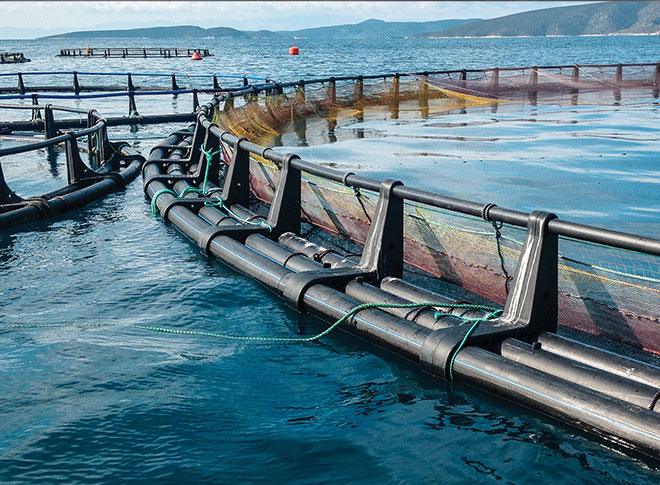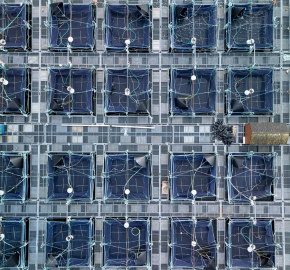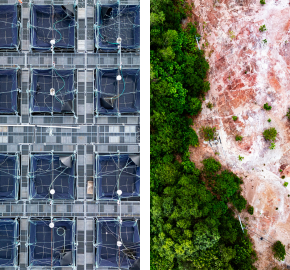Loch Long Salmons semi-solution isn’t the answer
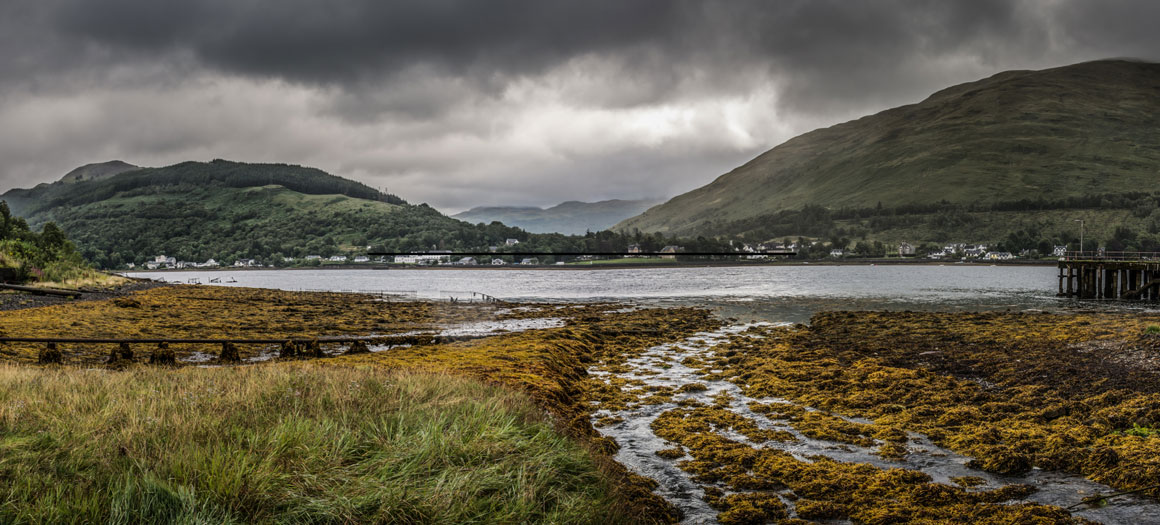
Loch Long Salmon are proposing to deploy the first semi-closed containment salmon farming system in Scotland at their Beinn Reithe site in Loch Lomond & The Trossachs National Park.
The 3,452 tonne farm, which is to be situated in Loch Long and supposed to begin production in 2023, has just secured a Controlled Activities Regulations (CAR) licence from SEPA. However, the planning application is still under consideration.
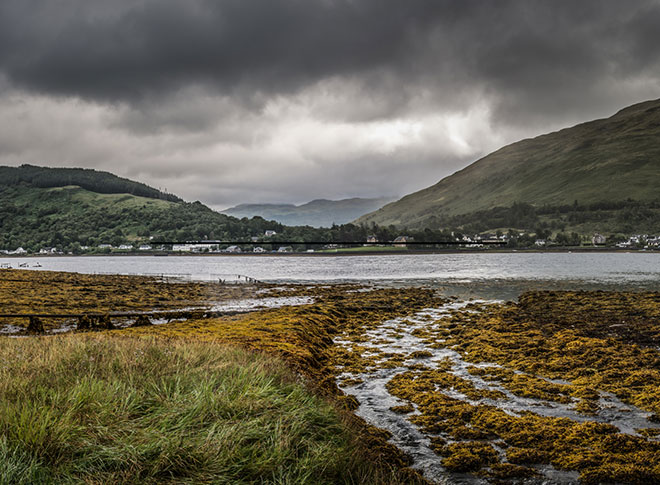
HOW DOES MARINE SEMI-CLOSED CONTAINMENT DIFFER?
Marine semi-closed containment systems differ from open-net pen farms because the pen is enclosed in an impermeable bag separating the salmon somewhat from the aquatic environment that the farm is situated in. Water is pumped in from below the pen, which is theoretically below the depth that salmon lice occupy. This also aids farmers in excluding predators like seals and provides the option to filter water to remove waste products before the outflow is released into the environment more effectively.
Loch Long Salmon are so confident in this technology preventing sea lice infestations that they have not applied to use any chemicals for the treatment of salmon lice at this site.
There have been very few studies conducted on this technology, and while they have shown lower levels of sea lice, it has not been zero. Water leaving the pen is filtered, and they are also intending to remove at least 85% of the solid waste produced on the farm. This technology has been deployed in Norway and British Columbia with varying success.
Cermaq recently had to end a trial of a marine semi-closed containment system early in British Columbia due to technical faults leading to unacceptable levels of fish mortality.
WHAT IS THE LOCAL RESPONSE TO THIS PROPOSAL?
The planning application has received numerous objections from local environmental NGOs and community groups because the proposed siting of the farm is in a loch that has never previously had open-net salmon farms due to the specific hydrogeography. Loch Long stratifies in the summer and has very slow movement of water making it inappropriate for conventional open-net farming. This also means that any solid waste that is emitted from a semi-closed containment farm will be dispersed very slowly and excess nutrients, which will not be removed through filtering solid waste, will accumulate quickly because of the slow rate of flushing, potentially leading to algal blooms in this site.
It is not clear how this technology could address one of the most pressing problems in Scottish salmon farming: escapes. Escaped farmed salmon compete for resources with wild salmon and, although they are genetically distinct from wild populations, when they enter the environment, they can interbreed with wild salmon creating hybrid populations. This is a huge problem in Scotland. A recent study by Marine Scotland found that 23.2% of wild salmon sites surveyed showed hybridisation with farmed salmon. Hybrid salmon have a reduced fitness causing the whole population to be depleted.
While marine semi-closed containment is in some important ways an improvement on open net-salmon farming, the proposed development by Loch Long does not offer a solution to the problems of the Scottish salmon industry. A 3,452 tonne farm is much too large for a trial of this technology in a new and clearly unfavourable environment. Furthermore, there are closed containment technologies available that entirely separate farmed fish from the aquatic environment: namely recirculating aquaculture systems. Marine semi-closed containment is not the answer to making Scottish salmon farming sustainable.
Further information
Closed containment technologies
Click here to read WildFish’s review of closed containment technology.
Find out more about our campaigning to ban open-net salmon farming in Scotland.

